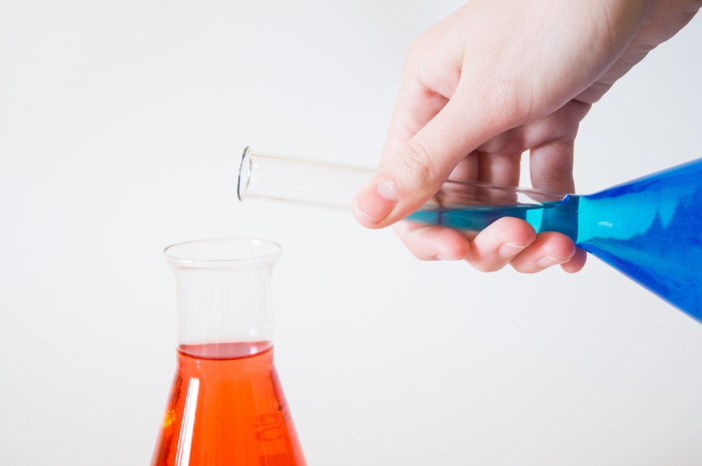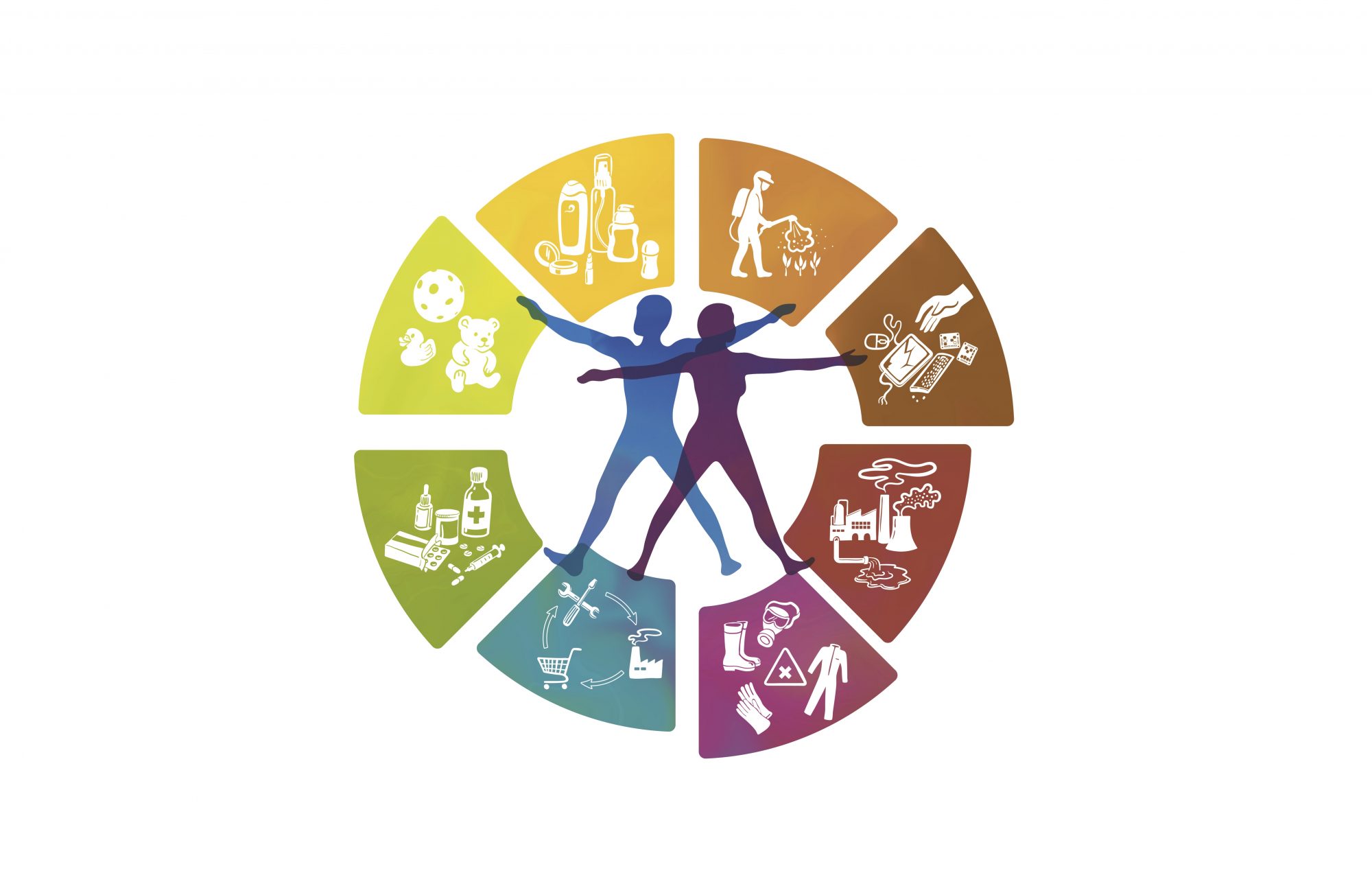
Preparations starting for IP3
The third meeting of the intersessional process (IP3) will be held at the United Nations Conference Centre in Bangkok, Thailand, from 1 to 4 October 2019 – and the MSP Institute will participate to advocate for the integration of gender in SAICM Beyond 2020. Together with the new “Women and Gender@SAICM”-Group we are now starting to develop a position paper on women’s and gender issues in relation to the sound management of chemicals and waste. In addition, we are preparing an interactive join-in campaign for the meeting.
Stakeholder input – SAICM Beyond 2020
We submitted an input on SAICM and the sound management of chemicals and waste beyond 2020 to the SAICM Secretariat in June, hoping to support the preparations for IP3. Our submission makes policy recommendations regarding mechanisms to support implementation; measures to achieve multisectoral engagement; issues of concern and “Principles and Approaches”. You can find our input here: Stakeholderinput-SAICM_MSPInstitute.
Gender and Chemicals at ISC3 Stakeholder Forum
We participated at the 1st ISC3 Stakeholder Forum (ISC3 – International Sustainable Chemistry Collaborative Centre) and are further engaged in the dialogue on the emerging concept of sustainable chemistry. It is argued that Sustainable Chemistry is a holistic approach addressing all three dimensions of sustainable development and therefore much broader than Green Chemistry. We will continue to advocate for gender equality; human rights and poverty reduction to be at the heart of the concept.
Upcoming events: Beijing +25 – Generation Equality Campaign
In 2020, the global community will mark the twenty-fifth anniversary of the Fourth World Conference on Women and adoption of the Beijing Declaration and Platform for Action (1995). The Beijing Platform for Action is the most visionary agenda for the empowerment of women and girls everywhere around the globe. It was adopted by 189 governments committed to taking strategic, bold action in 12 critical areas of concern: poverty, education and training, health, violence, armed conflict, economy, power and decision-making, institutional mechanisms, human rights, media, environment, and the girl child. 2020 is therefore a pivotal year for the accelerated realization of gender equality and the empowerment of all women and girls. UN Women’s new, multigenerational campaign marking the anniversary and the need to intensify action, is already starting now: “Generation Equality: Realizing women’s rights for an equal future”.
Informative Publication: Gender in Multi-Stakeholder-Partnerships
SAICM is a big multi-stakeholder process (MSP), where gender matters at different levels. We invite you to have a look at the new giz publications about gender in multi-stakeholder partnerships. They provide guidance on how to fully integrate gender in MSPs by offering concrete, systematic support. In a step-by-step manner, difficulties are pointed out, valuable tools are offered and concrete examples are given.
Gender in other global multilateral environmental agreements and the SDG Process
BRS Conventions: The Gender Action Plan of the Secretariat of the Basel, Rotterdam and Stockholm conventions was updated with indicators for monitoring in March 2019 and submitted to the 2019 COPs. In addition, the BRS Secretariat, together with GRID-Arendal, developed a Pocket Guide to the BRS Gender Action Plan, which was launched at the 2019 BRS COPs.
UNFCCC: At the Bonn Climate Change Conference (SB50) from 17th-27th June 2019, parties spent 4 days reviewing was has been achieved under the UNFCCC Gender Action Plan so far. In a workshop organized by the UNFCCC Secretariat Gender Team, success stories were shared and organizations like the Intergovernmental Panel on Climate Change, the Climate Technology Centre & Network and the Green Climate Fund reported on their gender actions.
High-Level Political Forum (HLPF): At this year’s HLPF, SDGs 4,8,10,13,16 and 17 will be reviewed under the theme “Empowering people and ensuring inclusiveness and equality”. Especially for women and girls, the 2019 HLPF is critical because “the goals under review speak to some of the most pressing structural challenges the world faces” (Women’s Major Group (WMG) 2019). See the WMG full position paper here.
